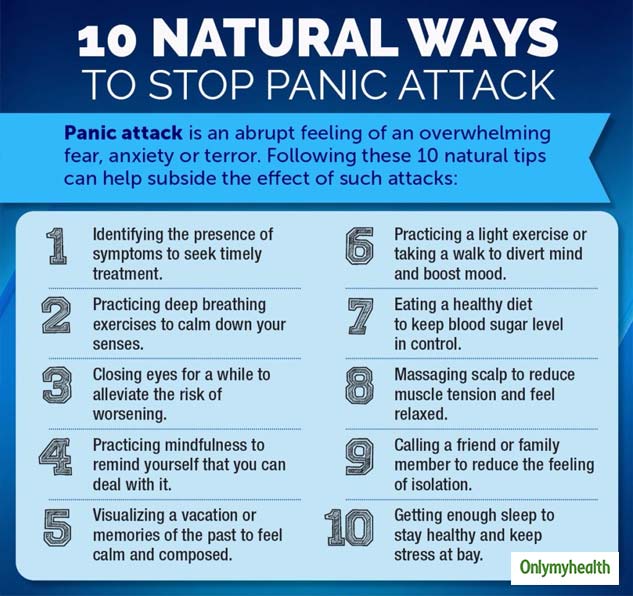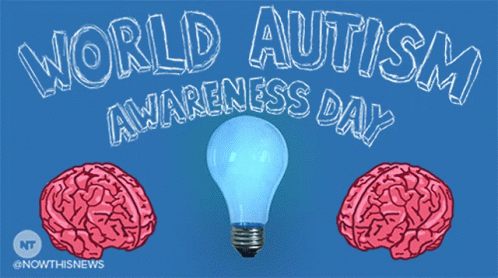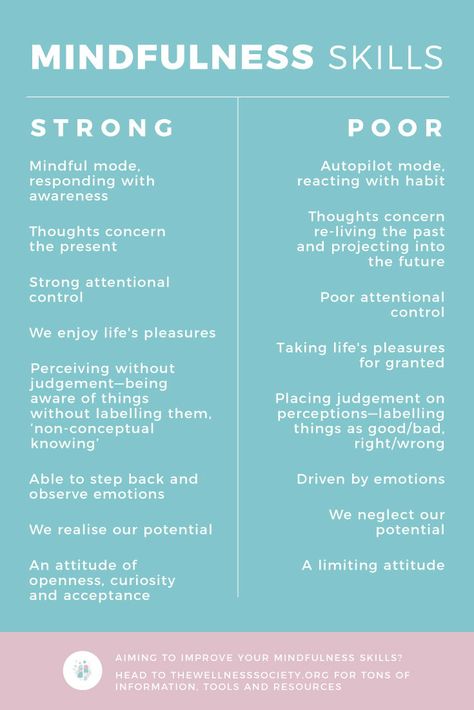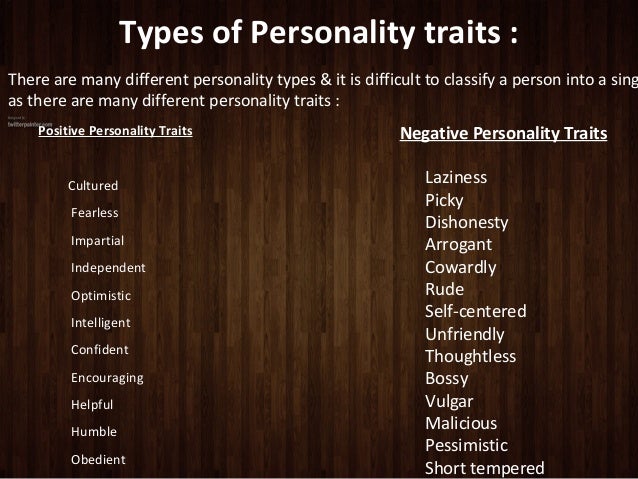Tips to relieve anxiety attacks
Tips to help ease anxiety
Speaking of Health
Topics in this Post
- Anxiety
- Balance your mental and emotional health
- Family Medicine
- Behavioral Health
- COVID-19
Anxiety often is described as sustained and excessive worry that a person cannot control, and is related many times to the anticipation of a future threat, such as COVD-19 or a traumatic event. At times, anxiety can have a large and negative affect on our daily lives, work, relationships and overall happiness. Anxiety also can manifest as an irritable, worried, restless and debilitating stress response which can last for minutes to days. Most everyone has had anxiety surrounding a stressful situation.
Anxiety becomes an obstacle for a happy, healthy life when it affects our day-to-day lives in these ways:
Emotionally, anxiety can appear as:
- Excessive worry
- Fatigue
- Irritability
- Panic attacks
- Paranoia
- Poor concentration
- Restlessness
- Sleep disturbances
Physically, anxiety can appear as:
- Chest pain
- Diarrhea, stool pattern changes or upset stomach
- Headache
- Increased heart rate
- Muscle aches
- Shaking
- Shortness of breath
- Sweating
The negative effects of anxiety
Left unchecked, anxiety can negatively affect our lives in these ways:
- Interrupting daily life — Causing issues at home, school, work and socially
- Isolating us — Not wanting to participate in normal daily activities or take new steps in life due to fear
- Emotionally — Increasing our risk for depression, suicide and failure to progress in life
- Physically — Increasing our risk for physical distress, nausea, vomiting, diarrhea, constipation, chest pain and tremors
- Mentally — Increasing our risk for financial complications, poor decision-making and poor communication
Tips to help combat anxiety
There are a number of things you can try to help combat anxiety, including:
- Behavioral therapy
- Deep breathing
- Exercise
- Journaling
- Meditation
- Reading
- Socializing, following pandemic guidelines of social distancing, masking and hand hygiene)
- Speaking with your health care provider
- Spirituality
- Thought reframing
When to seek advice or treatment from a medical professional
It's recommended you speak to a health care provider about your anxiety should any of these situations occur:
- Your anxiety becomes an obstacle — In any aspect of everyday living, often causing difficulties for six or more months
- Your anxiety becomes a negative influence in relationships — Creating barriers in life
- Your anxiety leads to isolation — Producing thoughts of hopelessness or helplessness
- Your anxiety controls your life — When your emotional or physical response to excessive worry is controlling your life in some aspect or another
A person with anxiety can seek support from a therapist, medical provider, family member, friend, community support person, crisis line resource or a crisis center. Depending on the severity of your anxiety, a behavioral therapy plan, anti-anxiety medication and/or coping mechanisms may be directed to your personal situation.
Recognition of anxiety is a key factor in dealing with excessive worry and moving forward in life. If you have any of the above symptoms or have difficulty controlling worry in your life, ask yourself if it could be anxiety you're experiencing. It's important to share any concerns of excessive worry with your health care provider so we can help you identify ways to address your anxiety and move past the debilitation of excessive worry.
If COVID-19 has increased your anxiety, learn ways to tame anxiety during the pandemic, and get tips for mindfulness and coping.
Jill Christensen is a Family Medicine nurse practitioner in Waterville, Minnesota.
For the safety of our patients, staff and visitors, Mayo Clinic has strict masking policies in place. Anyone shown without a mask was either recorded prior to COVID-19 or recorded in a non-patient care area where social distancing and other safety protocols were followed.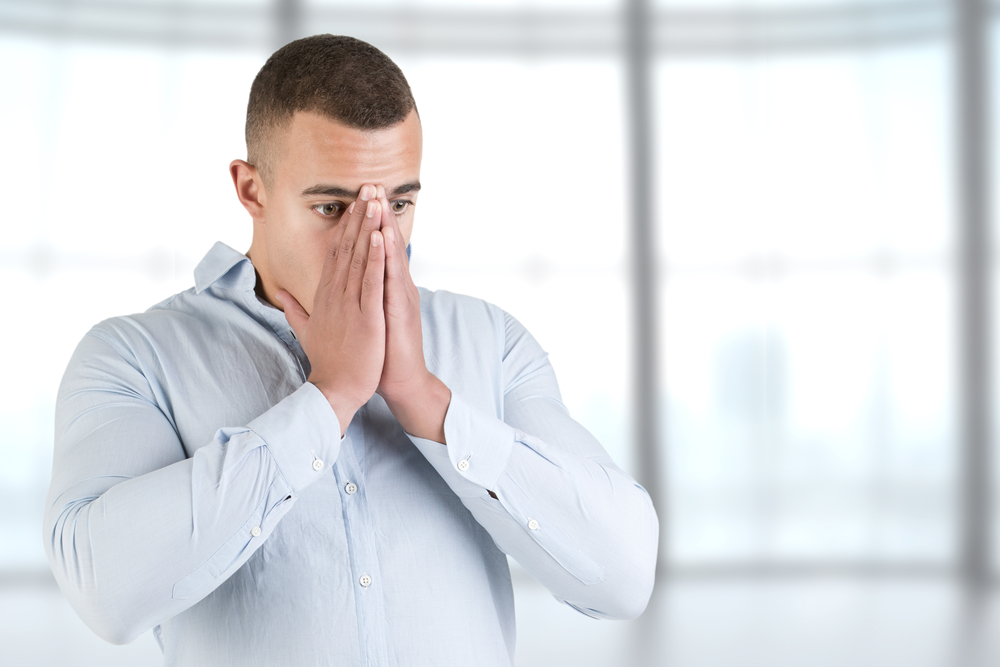
Topics in this Post
- Anxiety
- Balance your mental and emotional health
- Family Medicine
- Behavioral Health
- COVID-19
Self-care tips during the COVID-19 pandemic
Coping with holiday stress — Keeping our expectations realistic
11 tips for coping with an anxiety disorder
How to stop a panic attack: 13 effective methods
We include products we think are useful for our readers. If you buy through links on this page, we may earn a small commission. Here’s our process.
Panic attacks can be sudden and overpowering. Knowing what to do when they arise can reduce their severity or help stop them.
Panic attacks are relatively common, with one article stating that around 13% of people will experience one in their lifetime.
People cannot always predict when a panic attack is going to arise, but making a plan of what to do for when they do occur can help a person feel more in control and make panic attacks easier to manage.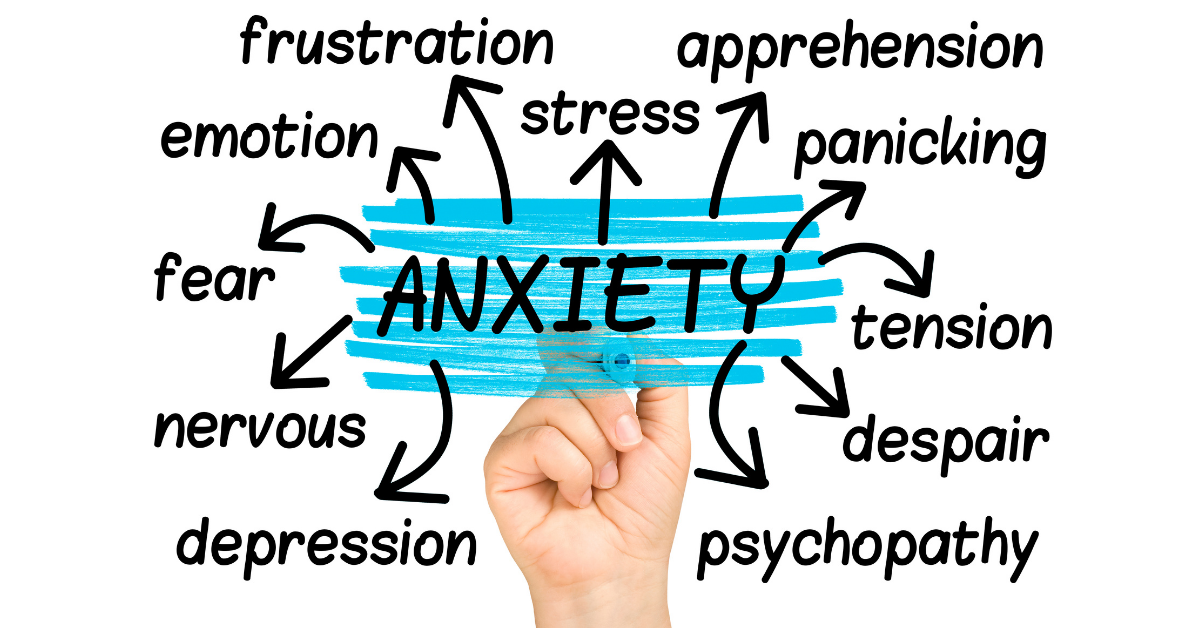
This article will look at ways to stop a panic attack, along with some general methods for reducing anxiety. It will also look at how to help when someone else is having a panic attack.
Panic attacks can create various physical and emotional symptoms.
Physical symptoms may include:
- sweating
- rapid breathing
- a racing heartbeat
Emotional symptoms may include:
- feelings of fear and anxiety
- intense, repetitive worrying
- a feeling of impending doom
The sections below will look at 13 methods that people can use to help regain control and reduce the symptoms of a panic attack.
1. Remember that it will pass
During a panic attack, it can help to remember that these feelings will pass and cause no physical harm, however scary it feels at the time.
Try acknowledging that this is a brief period of concentrated anxiety, and that it will be over soon.
Panic attacks tend to reach their most intense point within 10 minutes of their onset, and then the symptoms will begin to subside.
2. Take deep breaths
Deep breathing can help bring a panic attack under control.
Panic attacks can cause rapid breathing, and chest tightness can make the breaths shallow. This type of breathing can make feelings of anxiety and tension worse.
Instead, try to breathe slowly and deeply, concentrating on each breath. Breathe deeply from the abdomen, filling the lungs slowly and steadily while counting to 4 on both the inhale and the exhale.
People can also try using 4-7-8 breathing, or “relaxing breath.” With this technique, the person breathes in for 4 seconds, holds the breath for 7 seconds, then exhales slowly for 8 seconds.
It is worth noting that for some people, deep breathing can make panic attacks worse. In these cases, the person can try focusing on doing something they enjoy instead.
3. Smell some lavender
A soothing scent can help relieve anxiety by tapping into the senses, helping the person stay grounded and giving them something to focus on.
Lavender is a common traditional remedy known for bringing about a sense of calm relaxation. Many studies report that lavender can help relieve anxiety.
Try holding the oil under the nose and inhaling gently, or dabbing a little onto a handkerchief to smell. This oil is widely available online. However, people should only purchase it from trusted retailers.
If the person dislikes the smell of lavender, they could try replacing it with another essential oil that they prefer, such as bergamot orange, chamomile, or lemon.
Learn more about essential oils for anxiety here.
4. Find a peaceful spot
Sights and sounds can often intensify a panic attack. If possible, try to find a more peaceful spot. This could mean leaving a busy room or moving to lean against a nearby wall.
Sitting in a quiet place will create some mental space, and it will make it easier to focus on breathing and other coping strategies.
5. Focus on an object
When a person becomes overwhelmed with distressing thoughts, feelings, or memories, concentrating on something physical in the environment can help them feel grounded.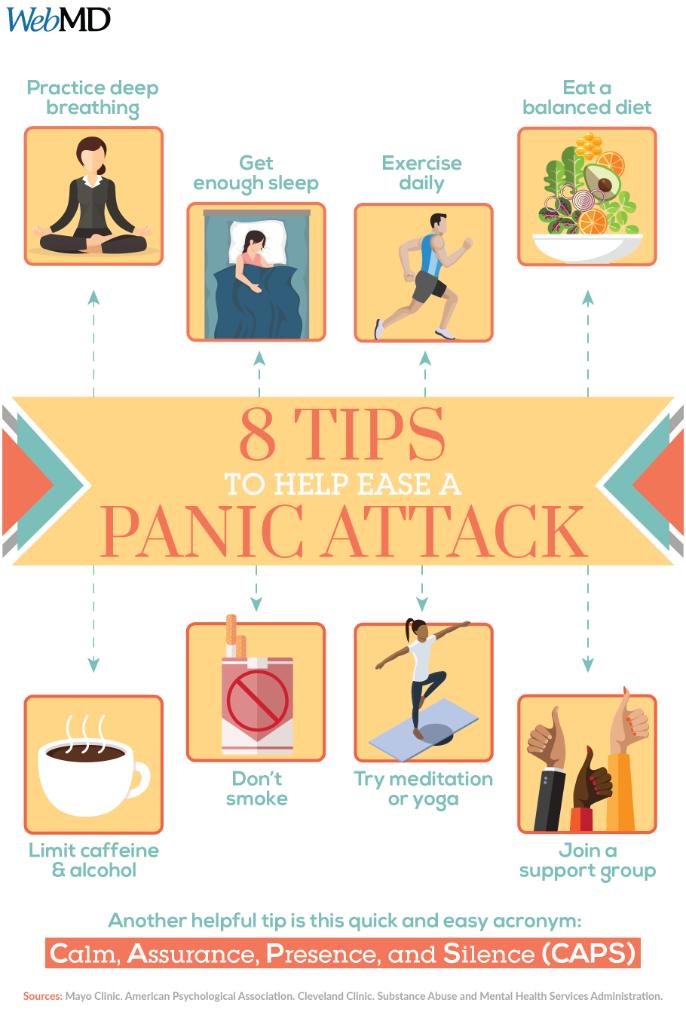
Focusing on one stimulus can reduce other stimuli. As the person looks at the item, they may want to think about how it feels, who made it, and what shape it is. This technique can help reduce the symptoms of a panic attack.
If the person has recurring panic attacks, they can carry a specific familiar object to help ground them. This may be something like a smooth stone, a seashell, a small toy, or a hair clip.
Grounding techniques such as this can help people dealing with panic attacks, anxiety, and trauma. Learn more about grounding techniques here.
6. The 5-4-3-2-1 method
Panic attacks can make a person feel detached from reality. This is because the intensity of the anxiety can overtake other senses.
The 5-4-3-2-1 method is a type of grounding technique and a type of mindfulness. It helps direct the person’s focus away from sources of stress.
To use this method, the person should complete each of the following steps slowly and thoroughly:
- Look at 5 separate objects.
 Think about each one for a short while.
Think about each one for a short while. - Listen for 4 distinct sounds. Think about where they came from and what sets them apart.
- Touch 3 objects. Consider their texture, temperature, and what their uses are.
- Identify 2 different smells. This could be the smell of your coffee, your soap, or the laundry detergent on your clothes.
- Name 1 thing you can taste. Notice whatever taste is in your mouth, or try tasting a piece of candy.
7. Repeat a mantra
A mantra is a word, phrase, or sound that helps with focus and provides strength. Internally repeating a mantra can help a person come out of a panic attack.
The mantra can take the form of reassurance and may be as simple as, “This too shall pass.” For some, it may have a more spiritual meaning.
As the person focuses on gently repeating a mantra, their physical responses will slow, allowing them to regulate their breathing and relax their muscles.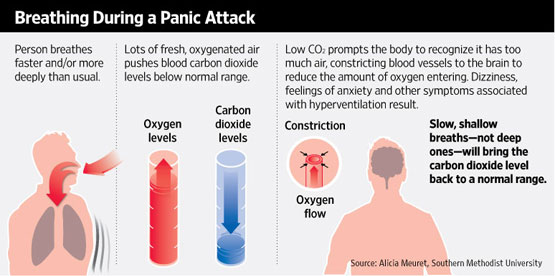
8. Walk or do some light exercise
Walking can remove a person from a stressful environment, and the rhythm of walking may also help them regulate their breathing.
Moving around releases hormones called endorphins that relax the body and improve mood. Taking up regular exercise can help reduce anxiety over time, which may lead to a reduction in the number or severity of panic attacks.
Learn more about the benefits of exercise here.
9. Try muscle relaxation techniques
Another symptom of panic attacks is muscle tension. Practicing muscle relaxation techniques may help limit an attack. This is because if the mind senses that the body is relaxing, other symptoms — such as rapid breathing — may also diminish.
A technique called progressive muscle relaxation is a popular method for coping with anxiety and panic attacks.
This involves tensing up and then relaxing various muscles in turn. To do this:
- Hold the tension for 5 seconds.

- Say “relax” as you release the muscle.
- Let the muscle relax for 10 seconds before moving on to the next muscle.
10. Picture your happy place
A person’s happy place should be somewhere they would feel most relaxed. The specific place will be different for everybody. It will be somewhere they feel relaxed, safe, and calm.
When an attack begins, it can help to close the eyes and imagine being in this place. Think of how calm it is there. People can also imagine their bare feet touching the cool soil, hot sand, or soft rugs.
11. Take any prescribed medications
Depending on the severity of panic attacks, a doctor may prescribe a use-as-needed medication. These medications typically work fast.
Some contain a benzodiazepine or a beta-blocker. Propranolol is a beta-blocker that slows a racing heartbeat and decreases blood pressure.
Benzodiazepines that doctors commonly prescribe for panic attacks include Valium and Xanax.
However, these drugs can be highly addictive, so people should use them exactly as their doctor prescribes.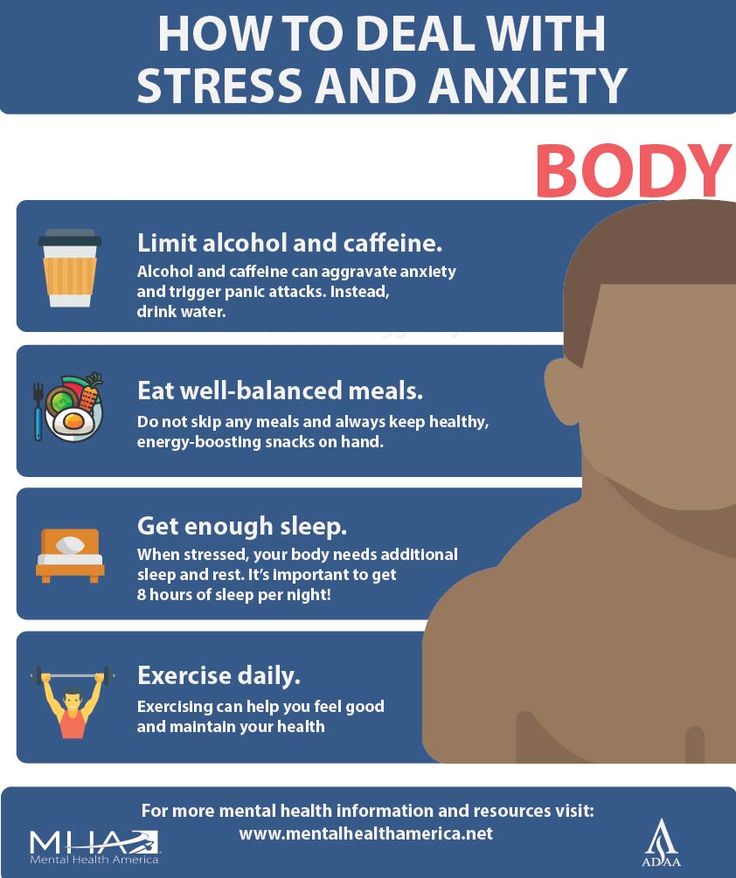 Taken with opioids or alcohol, they can have life threatening adverse effects.
Taken with opioids or alcohol, they can have life threatening adverse effects.
A doctor may also describe selective serotonin reuptake inhibitors, which can help prevent panic attacks from occurring in the first place.
12. Tell someone
If panic attacks frequently occur in the same environment, such as a workplace or social space, it may be helpful to inform somebody and to let them know what kind of support they can offer if it happens again.
If an attack happens in public, telling another person can help. They may be able to locate a quiet spot and prevent others from crowding in.
13. Learn your triggers
A person’s panic attacks may often be triggered by the same things, such as enclosed spaces, crowds, or problems with money.
By learning to manage or avoid their triggers, people may be able to reduce the frequency and intensity of panic attacks.
Everyone can benefit from reducing the impact of anxiety. Diminishing general levels of anxiety will also help prevent panic attacks.
The following strategies may help:
- Practice breathing exercises: Learning to practice slow, deep breathing as a general relaxation method outside of panic attacks makes it easier to practice deep breathing during an attack.
- Try meditation: Regular meditation is a great way to relieve stress, promote peacefulness, and regulate breathing.
- Speak to a trusted friend: Social support can ease a person’s anxiety and make them feel understood and less alone.
- Get regular exercise: This can help promote deeper sleep, get rid of built-up tension, and produce endorphins, which make the person feel happier and more relaxed.
- Try talking therapy: If anxiety or panic is regularly impacting a person’s life, a mental health professional can offer support, reassurance, and advice. Therapy can help people discover the causes of their anxiety and develop effective coping methods.

- Cognitive behavioral therapy: This type of therapy can give people the tools they need to reduce stress and increase their tolerance to feared situations. It may be an effective treatment method for panic attacks.
Making key lifestyle changes can also help reduce the impact of anxiety. The following strategies can help:
- avoiding or reducing smoking, alcohol, and caffeine
- following a healthful diet
- getting a good night’s sleep
- staying hydrated
Throughout history, people have used herbs to treat anxiety and depression. Some of the most popular herbal remedies are available to purchase online, including kava extract, passiflora, and valerian.
Research into the effects of herbal remedies is ongoing. People should always speak to a doctor before using this type of remedy.
Meditation may work well for one person, while exercise may be better for another. Try different strategies and see what works best.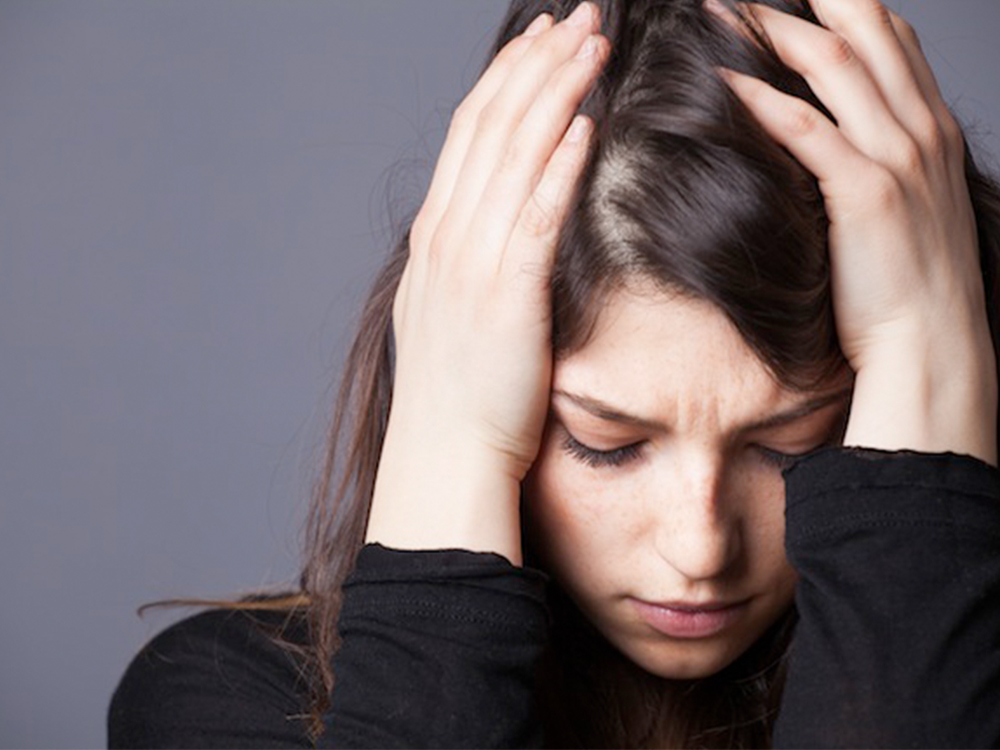
Learn more about naturally reducing anxiety here.
This section will provide some tips on how to help a person having a panic attack.
First, try talking them through a few of the methods above. For instance, help them find a peaceful spot, encourage them to take slow, deep breaths, and ask them to focus on a nearby object.
If you do not know the person, introduce yourself and ask them if they need help. Ask them if they have had a panic attack before, and if so, what helps them regain control.
People can also try the following tips when someone else is having a panic attack:
- Try to remain calm. This will help them relax a little more.
- Suggest moving to a quiet spot nearby and help them find one. Sitting down in a comfortable place can be very effective, as it allows them to focus on their breathing.
- Remind the person that panic attacks always end.
- Stay positive and nonjudgmental. Avoid validating any negative statements.
- Try having a gentle, friendly conversation to distract them and help them feel safe.
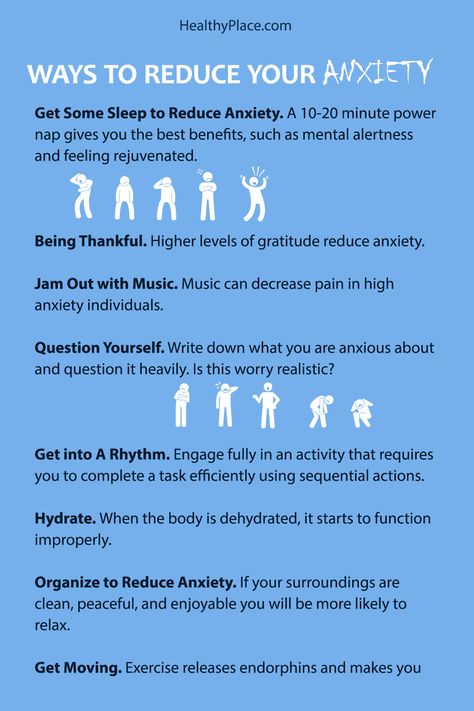
- Avoid telling them to calm down or telling them that there is nothing to worry about, as this devalues their emotions.
- Stay with them. If they feel that they need to be alone, make sure they remain visible.
Learn more about how to help someone who is having a panic attack here.
Panic attacks can be frightening and disorienting. If someone is worried about a panic attack, they can talk to their doctor for advice and reassurance.
Recurring or severe panic attacks can be a symptom of panic disorder. This condition affects 2–3% of people in the United States each year.
A person may want to talk to a healthcare professional if their panic attacks:
- are recurring and unexpected
- are getting in the way of daily life
- do not pass with home coping methods
A doctor can talk a person through both short-term coping methods and long-term treatment options.
The symptoms of a panic attack can resemble those of a heart attack.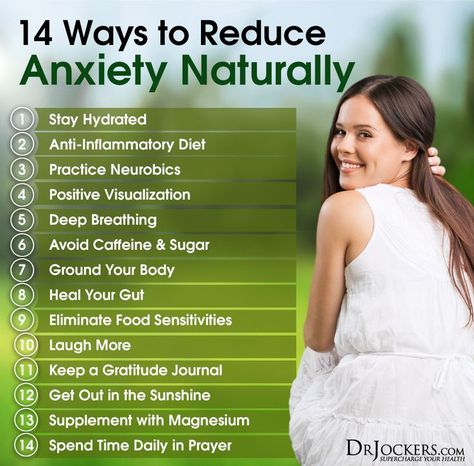 These include chest pain, anxiety, and sweating. If someone suspects a heart attack or stroke, the person needs immediate medical attention.
These include chest pain, anxiety, and sweating. If someone suspects a heart attack or stroke, the person needs immediate medical attention.
Learn more about how to tell the difference between a panic attack and a heart attack here.
It is not always possible to predict when a panic attack is going to occur, but having a plan in place for when they do occur can help the person feel more in control.
Finding a peaceful spot and practicing deep breathing methods and grounding techniques can help people regain control during a panic attack.
People can also adopt long-term strategies to reduce the occurrence or frequency of panic attacks. These can include making healthful lifestyle choices, trying therapy, and learning how to manage anxiety in daily life.
10 best ways with reviews, advice from doctors
First, let's figure out what a panic attack is. This is a sudden attack of unreasonable anxiety or fear, which is often accompanied by rapid heartbeat, heavy sweating, trembling in the hands and feet 1 .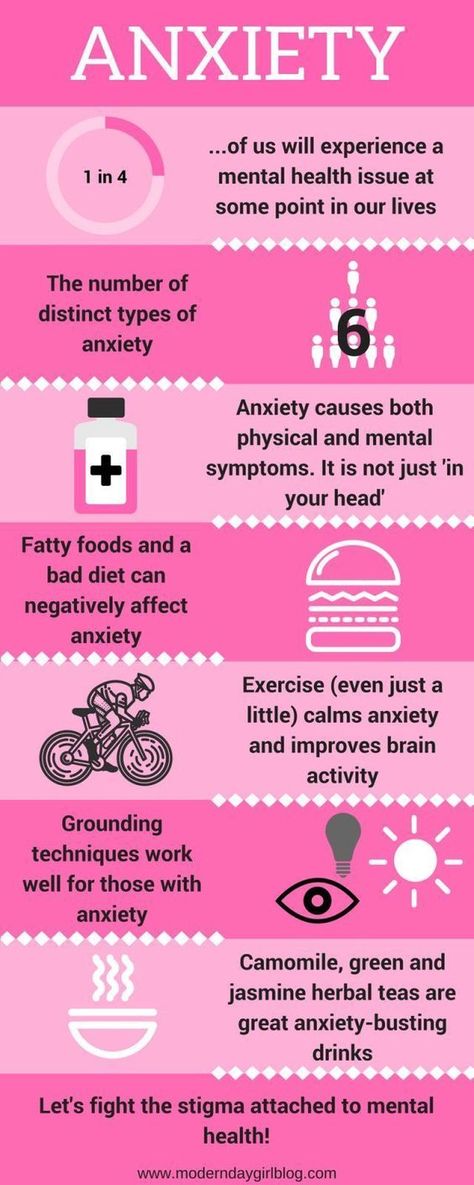 A person during a panic attack may experience chest pain, nausea, and discomfort in the abdomen. Nervous diarrhea may even develop 1 . There is a fear of suddenly dying, getting a heart attack, or that something terrible is about to happen. At the moment of an attack, a person does not even realize where he is and what is happening to him. The world may seem unreal, and the usual outlines of objects blur.
A person during a panic attack may experience chest pain, nausea, and discomfort in the abdomen. Nervous diarrhea may even develop 1 . There is a fear of suddenly dying, getting a heart attack, or that something terrible is about to happen. At the moment of an attack, a person does not even realize where he is and what is happening to him. The world may seem unreal, and the usual outlines of objects blur.
It is obvious that causeless panic usually does not occur out of the blue. This condition is preceded by prolonged or acute stress. Sometimes panic attacks occur against the background of anemia, problems with the thyroid gland, adrenal glands, but this is extremely rare 2 .
If panic attacks poison your life and prevent you from concentrating on work or your favorite activity, you should contact a psychotherapist or psychiatrist who can prescribe medication. But equally important is psychotherapy.0003 2 . At sessions with a psychotherapist, you will learn how to manage your emotions, extinguish panic on your own, and deal with the psychological causes of panic attacks 3 .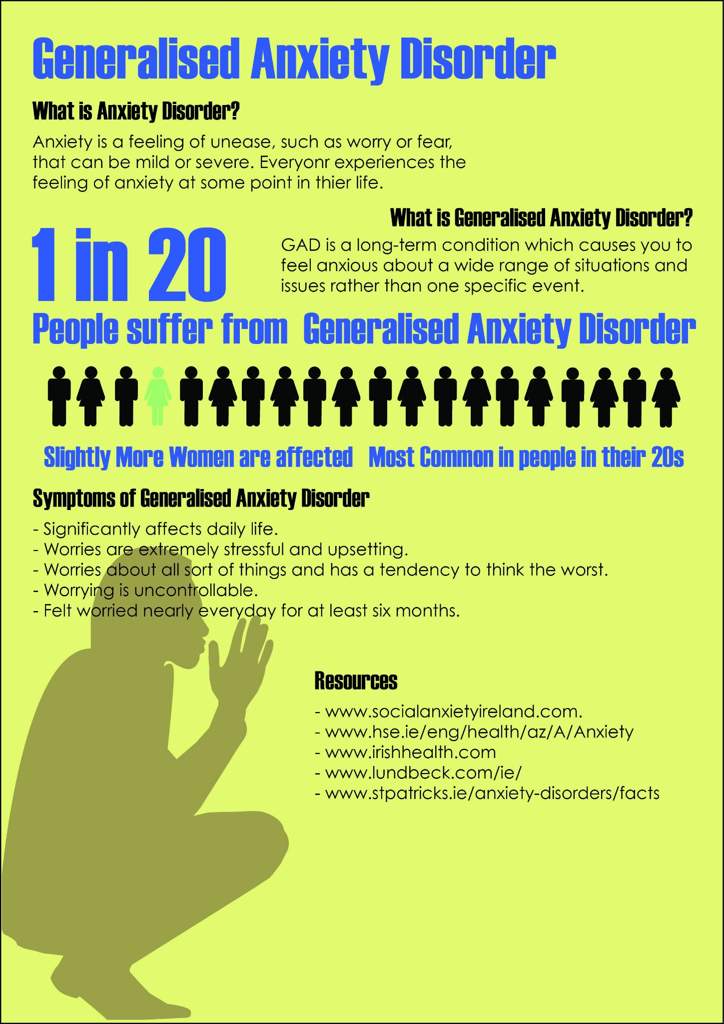
Top 10 Ways to Get Rid of Panic Attacks
If a panic attack has taken you by surprise, you can try to get rid of it yourself. In this article, we will look at several effective ways to restore peace of mind on our own.
1. Watch your breath
When we are afraid, our breathing quickens and the concentration of carbon dioxide in our blood decreases. Because of this, there is a feeling of lack of air, which further enhances the panic attack.
Therefore, first of all, during a panic attack, you need to calm your breathing. To do this, the most ordinary bag, which you need to breathe in, can help until your breathing becomes even. If there is no bag with you, you can fold your palms in a boat and breathe in them.
Another option is to try breathing deeply and slowly. For example, first inhale very slowly and deeply, and then exhale with force and for a long time so that there is no air left in the lungs. Repeat several times. You can imagine that you are breathing through your mouth through a narrow cocktail tube: inhale and exhale very slowly until your breathing starts to return to normal 2 .
2. Distract yourself by a pain signal
Sometimes physical impact allows distraction from impending panic. For example, you can strongly pinch your hand, pat your face with your palms, rub your cheeks or ears, and strongly clench and unclench your fists. The brain will switch to processing the pain signal, and this will allow it to distract from the panic. Some people who suffer from panic attacks even wear a special band around their wrists. When they feel that an attack is close, they pull it back and let it go. Pain click helps to return to reality.
Another exercise that psychologists advise to quickly get rid of a panic attack on your own. We find a point between the thumb and forefinger on the hand and sharply press on it so that it hurts. So we repeat 3 times, after which we carry out the manipulation on the other hand.
3. Wash your face with cold water
Another fairly simple and effective way to get rid of a panic attack is to wash your face with cold water. It literally “sobers up” and relieves an attack of rolling anxiety. In winter, you can rub your face or hands with snow. A contrast shower also helps a lot: changing hot and cold water will invigorate and distract you from unpleasant thoughts 2 .
It literally “sobers up” and relieves an attack of rolling anxiety. In winter, you can rub your face or hands with snow. A contrast shower also helps a lot: changing hot and cold water will invigorate and distract you from unpleasant thoughts 2 .
4. Use the senses
To quickly get rid of a panic attack, you can use your senses: smell, taste. Try chewing mint gum or sucking on a menthol candy. The more "thermonuclear" - the better! In the end, take a sip of water or just take a bite and chew slowly, fully focusing on the taste.
You can also carry a bottle of eucalyptus, pine or orange essential oil and breathe it in.
5. A change of scenery
A change of scenery can help distract you from your growing anxiety. For example, you are in a noisy company and feel that you are about to panic. Go to the next room, ask to be left alone for a while. If possible, go to the entrance, to the street.
6. Switch to the outside world
Switching to the outside world helps divert attention from panic anxiety.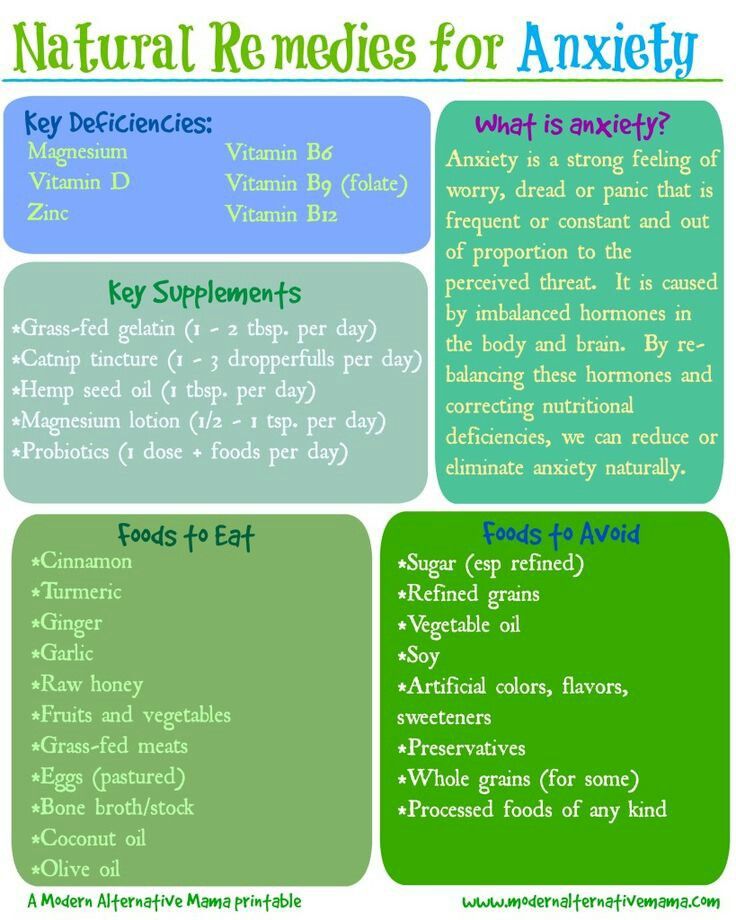 Count (preferably aloud) cars passing by, lit windows in a neighboring house, birds flying by, buttons on clothes, books on a shelf, etc. Touch what a warm and soft scarf, what a smooth and cool glass cup, what a rough upholstery to the touch. Say out loud whatever comes to your mind 2 .
Count (preferably aloud) cars passing by, lit windows in a neighboring house, birds flying by, buttons on clothes, books on a shelf, etc. Touch what a warm and soft scarf, what a smooth and cool glass cup, what a rough upholstery to the touch. Say out loud whatever comes to your mind 2 .
The main thing is to switch the brain from internal experiences to reading and processing external information. You can carry a rosary with you during an alarm, sort through them and count them.
7. Listen to music
Music is an excellent medicine that can also help with panic attacks. If you feel anxiety coming on, turn up your favorite music. Sing out loud, maybe even dance. If you don’t have a radio or a telephone at hand, just sing loudly and you will feel how the fear recedes.
8. Focus on your own body
During a panic attack, it is important to be able to control your own body. This will help relieve trembling in the hands, soothe stray breathing and heart palpitations.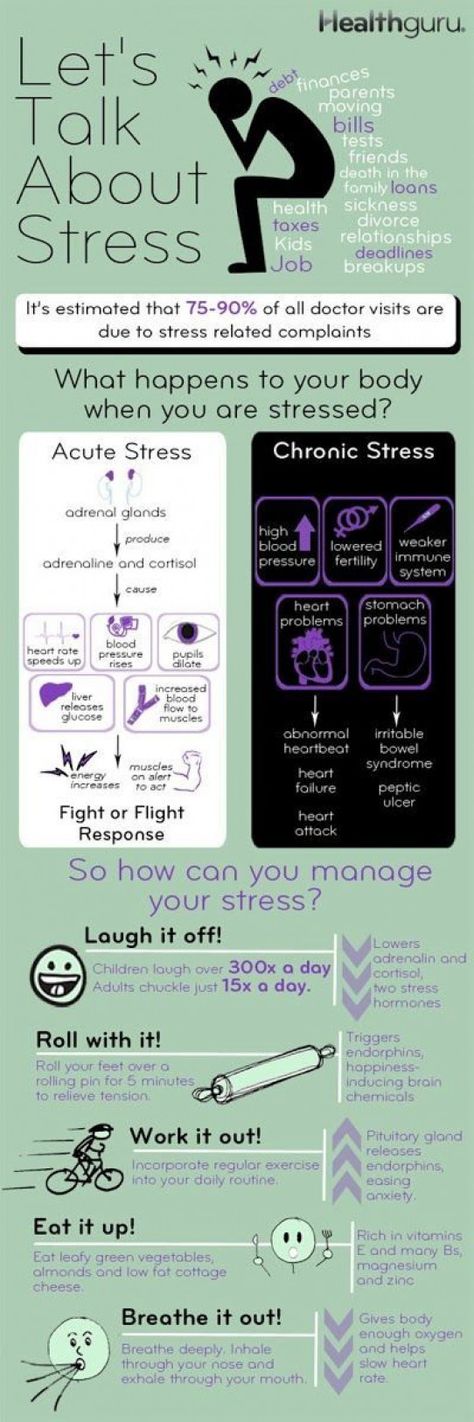 Try to relax as much as possible. Imagine that you are using an internal “scanner” to determine exactly where fear and panic are formed in your body. Feel for this tense area and mentally try to relax it. Say to yourself or out loud that everything is fine, that the attack will end soon, that no one has died from a panic attack yet, and it will not bring harm to health. Combine this with correct breathing, and soon the condition will improve significantly 3 .
Try to relax as much as possible. Imagine that you are using an internal “scanner” to determine exactly where fear and panic are formed in your body. Feel for this tense area and mentally try to relax it. Say to yourself or out loud that everything is fine, that the attack will end soon, that no one has died from a panic attack yet, and it will not bring harm to health. Combine this with correct breathing, and soon the condition will improve significantly 3 .
9. Breathing practices
Breathing practices, yoga, meditation are suitable for both beginners and "advanced". Of course, you should not expect that you will instantly plunge into nirvana, distracted from all experiences. But even simple meditation exercises will help relieve muscle and emotional tension.
Yoga classes are a great way to establish mental balance. Photo: Pixabay You are not required to know all the asanas or get into the “dancing dragon” pose. It is enough to sit on the floor and take a comfortable position or lie down.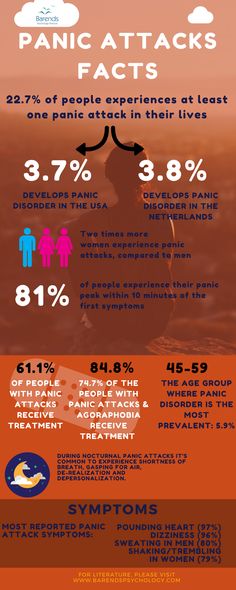 Close your eyes and focus all your attention on some object. Breathe deeply and slowly while saying the instructions: “My fear is gradually disappearing”, “I can keep my emotions under control”, etc.
Close your eyes and focus all your attention on some object. Breathe deeply and slowly while saying the instructions: “My fear is gradually disappearing”, “I can keep my emotions under control”, etc.
10. Physical exercise
Jogging, swimming, any sport, even an ordinary walk, promotes the active synthesis of endorphins - hormones of joy. They act as a safe antidepressant - relieve anxiety, improve mood and sleep.
Psychologist's advice on getting rid of panic attacks
As counseling psychologist , member of the Russian Psychological Society Elena Akhromeeva advises, it is important to remember that a panic attack is limited in time. It can last from 5 minutes to 2 hours, but it will definitely end anyway. The realization of this fact is already able to calm a little.
You can also do some effective exercises to help get rid of panic.
1. Grounding exercise
When a person panics, “the ground comes out from under his feet”.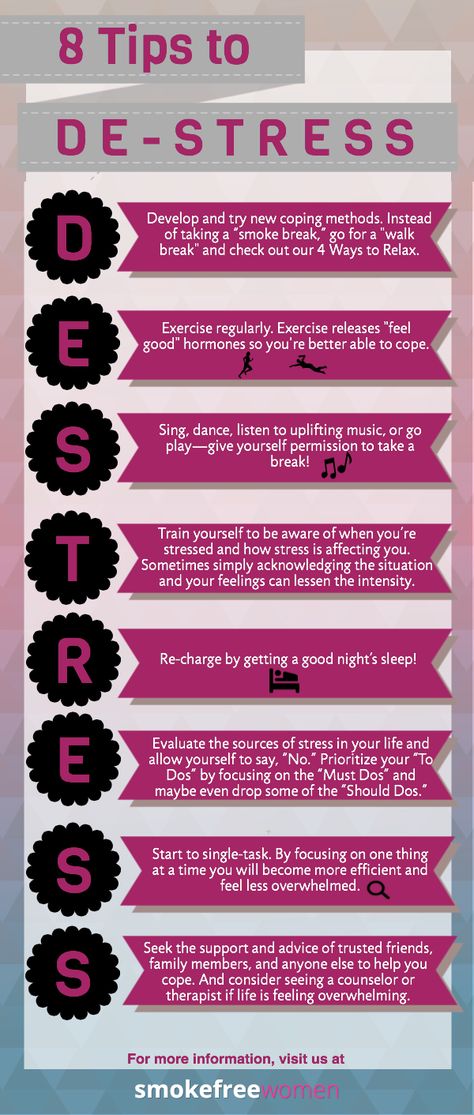 The body is not felt as a source of support, but as if it has “gone crazy”. This is called a state of loss of control. Therefore, the task of a person is to organize support for himself through the body, realizing and feeling its physical parameters.
The body is not felt as a source of support, but as if it has “gone crazy”. This is called a state of loss of control. Therefore, the task of a person is to organize support for himself through the body, realizing and feeling its physical parameters.
- Weight. We can feel the weight of our body.
- Vol. We occupy a certain volume in space: where I sit, stand, in what part of the room.
- Posture or movement. We can develop activity, perform some action or movement.
- Balance. The body itself keeps balance without much effort.
- Contour. Our body is in contact with the outside world (feeling of how the feet are on the floor, how the muscles of the thighs are in contact with the chair, etc.)
Try to become aware of all these parameters. This will return the feeling of control over your body and condition.
Anxiety disorder
How to distinguish the disease from the norm
An anxiety disorder is a constant and uncontrollable feeling of anxiety that lasts more than 6 months without objective reasons.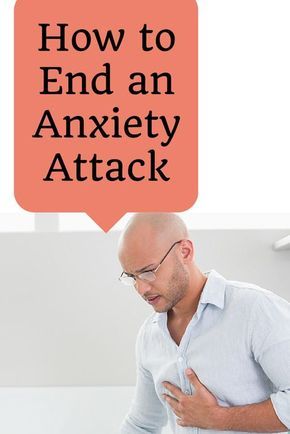 Discuss with experts what drugs are prescribed for anxiety
Discuss with experts what drugs are prescribed for anxiety
More about the problemLearn about treatment
2. Grounding exercise through the 5 senses
Another exercise that will help you ground yourself through the use of the 5 senses of your body:
- Find 5 red objects (or any other) around you.
- Find 4 sounds you are hearing right now. For example, the noise of cars, the sound of a clock, the sound of a refrigerator, the cry of children on the street.
- Smell 3 things. You can smell your hair, hands, a book, cream, fruit, pastries.
- Touch 2 things. For example, a soft toy, a blanket, a table surface. If you are outside, pick a branch and touch it. You can touch the hair, the body.
- Taste something. Gum, candy, soda.
3. Breathing with emphasis on exhalation
- 1-2-3 – inhale;
- 4-5-6 - breath holding;
- 7-8-9-10 - exhale.
The exhalation should be longer.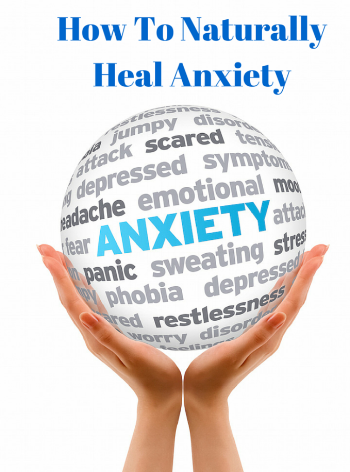 This is necessary in order to saturate the body with carbon dioxide. So stress hormones (adrenaline, norepinephrine, dopamine, etc.) will be broken down faster. This means that the panic will pass faster. But opening a window, going out onto the balcony during a panic attack is not recommended. Our task is to lower the level of oxygen in the blood and increase the level of carbon dioxide.
This is necessary in order to saturate the body with carbon dioxide. So stress hormones (adrenaline, norepinephrine, dopamine, etc.) will be broken down faster. This means that the panic will pass faster. But opening a window, going out onto the balcony during a panic attack is not recommended. Our task is to lower the level of oxygen in the blood and increase the level of carbon dioxide.
Try to breathe with your stomach: you can put your hand on your stomach and make sure that your hand rises when you inhale. This is done in order to exclude shallow breathing and, as a result, hyperventilation of the lungs, which leads to a feeling of lack of air.
4. Palm Exercise
Rub your palms as if you were trying to warm them. Rub your palms together quickly and vigorously until you feel heat in them.
Now place one hand just above the heart (pericardial plexus area). And the other hand - in the area of the solar plexus.
Focus on the feeling of warmth from your hands. Try to breathe so that you can feel your hands moving. You will feel a little sleepy, and this is normal.
Try to breathe so that you can feel your hands moving. You will feel a little sleepy, and this is normal.
This exercise activates the parasympathetic nervous system, which is responsible for relaxation and relieving internal tension.
5. Throw out all your emotions
This exercise is suitable if the panic attack started at home. Ask yourself: what do I want now? What movement do you want to make?
For a burst of tension, you can scream, cry, hit the pillow. Imagine that you are a small child who is hysterical, yelling, stamping his feet and waving his arms.
6. Wet Dog Exercise
You can also imagine that you are a wet dog shaking off its fur. Shake your arms, legs, torso, as if trying to brush off drops of water from yourself. Physical movement breaks down stress hormones and helps the body ground itself.
7. Drink plenty of water
Adrenaline, which is responsible for the feeling of anxiety, will leave with urine.
Popular Questions and Answers
What causes panic attacks, how long do they last, will valerian help relieve anxiety, and other popular questions are answered by our expert - counseling psychologist, member of the Russian Psychological Society Elena Akhromeeva.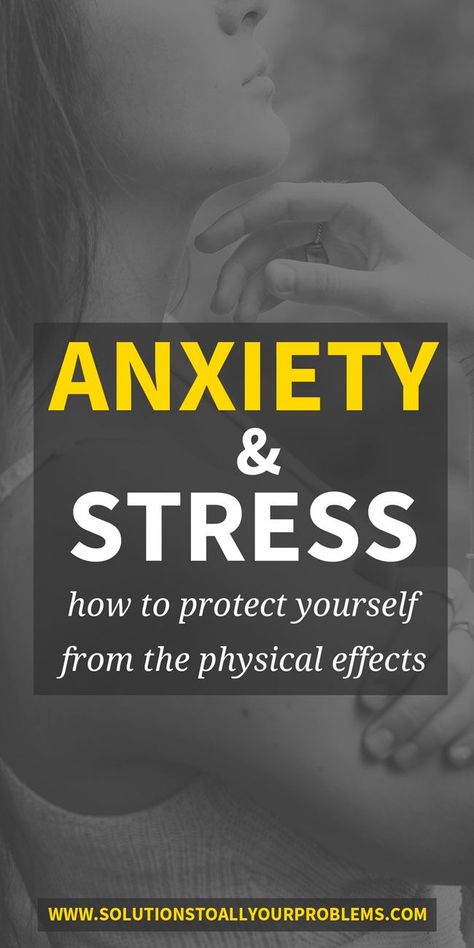
Why do panic attacks occur?
— If you do not have problems with the thyroid gland, anemia, vitamin D deficiency, B12, tumors of the adrenal glands, then the causes of panic attacks have psychological roots.
The body responds to human emotions and feelings by producing certain hormones (adrenaline, norepinephrine, dopamine). The fight-flight-freeze response to stress is triggered, which activates the autonomic nervous system. And since it regulates the work of all internal organs, the variety of uncomfortable bodily sensations during a panic attack is easily explained - more than 40 of them have been described in total.
So it is important to remember that panic attacks are not an independent disease, but just a symptom. Panic attacks can occur with adjustment disorders, anxiety, panic and depressive disorders. Panic attacks also occur in personality disorders.
Thus, it is necessary to study the psychological "ground" of each individual person.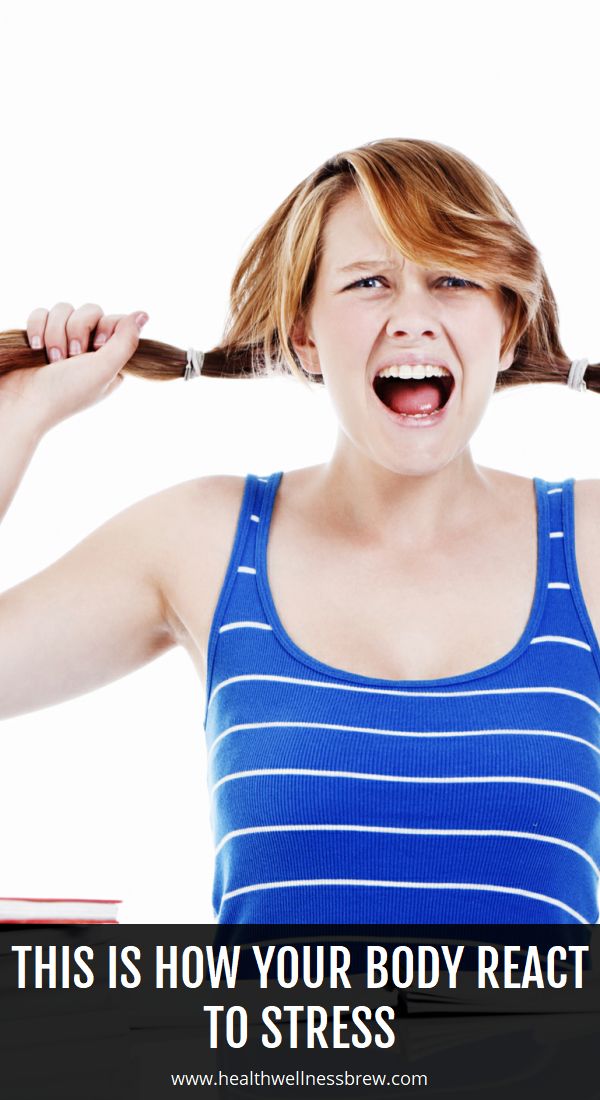 What life difficulties (psychological trauma, experiencing loss, difficult choices, interpersonal and intrapersonal conflicts, problems with adaptation) have become a source of anxiety and internal tension.
What life difficulties (psychological trauma, experiencing loss, difficult choices, interpersonal and intrapersonal conflicts, problems with adaptation) have become a source of anxiety and internal tension.
Why is a panic attack dangerous?
- In terms of physical health, panic attacks are completely safe.
A panic triggering body will never self-destruct! The load on the body during a panic attack is comparable to lifting 9floor by stairs. It's absolutely safe.
But from the point of view of the psychological state, panic attacks greatly reduce the quality of life.
A person begins to be afraid of them. A “fear of fear” is formed when a person begins to avoid various life situations, places, conversations on certain topics, conflicts, just not to experience anxiety again. Because the emotion of anxiety itself is associated with a panic attack. The person is trying to keep control of his feelings, which causes great tension.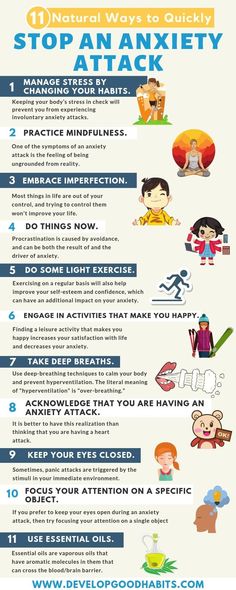 Against this background, depression can even develop.
Against this background, depression can even develop.
How long can a panic attack last?
- Several minutes to 2 hours. The shorter the attack in time, the more intense it feels. And vice versa: the longer the attack lasts, the less pronounced the panic and symptoms. This is due to the process of release and breakdown of stress hormones.
Which doctor should I contact for panic attacks?
— To a psychiatrist or psychotherapist. It is not advisable to go to a neurologist. Firstly, a competent modern neurologist will immediately redirect you to a psychiatrist or psychotherapist. Second, panic attacks are an area of mental health treatment. But neurologists do not treat the psyche, they deal with nerve endings. So in any case, the main method of treating panic attacks is psychotherapy.
How to distinguish a panic attack from an arrhythmia?
- "I'm afraid of a heart attack", "Something with my heart", "I'm dying, my heart can't take it" - frequent thoughts during a panic attack.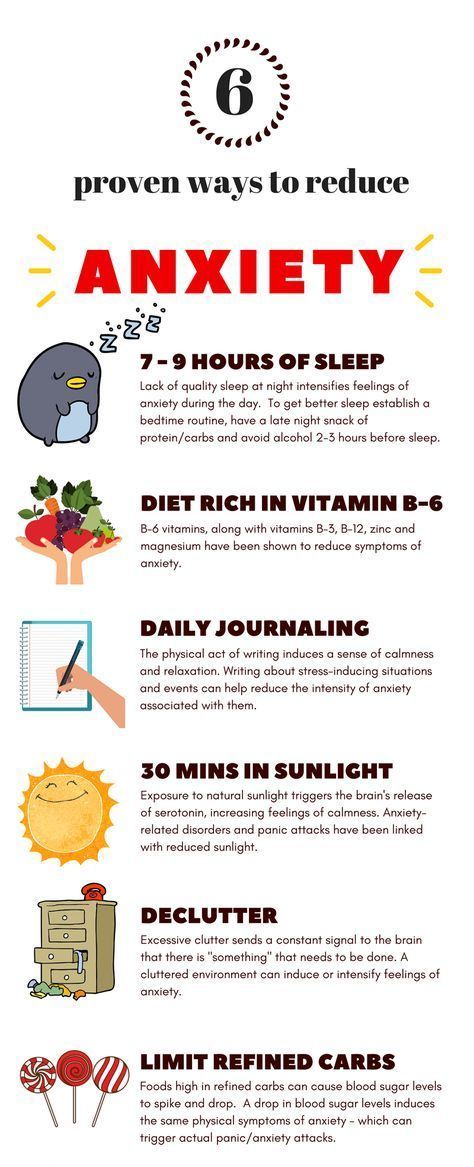 Indeed, the symptoms are similar at first glance. And people who experience a panic attack for the first time often call an ambulance. It is better not to guess and be examined.
Indeed, the symptoms are similar at first glance. And people who experience a panic attack for the first time often call an ambulance. It is better not to guess and be examined.
To make sure that everything is in order with the heart, I recommend going to a cardiologist who will prescribe the necessary examination. And if the doctor says that the heart is healthy, you will know that increased heart rate and other discomfort in the chest are just symptoms of severe anxiety and have nothing to do with organic arrhythmias.
Do valerian, motherwort or calming dietary supplements help with panic attacks?
- They help like a placebo. Because only psychotropic drugs available by prescription can really relieve an acute attack of anxiety.
If during a panic attack you drink valerian, and after 20 minutes you let go, then it was not valerian that helped. It is you who returned to a state of stability on your own.
We went to the closet, found a first aid kit, found the necessary sedative, took a glass, poured water, drank, looked out the window, washed ourselves, walked around, called a friend to complain, etc.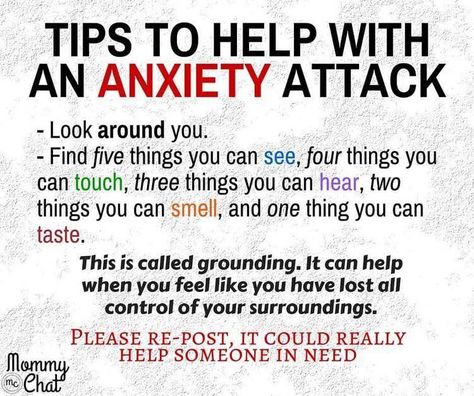 See how many actions that allow you to ground yourself. And it's not bad if the power of suggestion works.
See how many actions that allow you to ground yourself. And it's not bad if the power of suggestion works.
Sources :
- Panic attacks (clinic, diagnosis, principles of treatment). Vorobieva O.V. Treatment of diseases of the nervous system. No. 2 (17), 2015. https://www.elibrary.ru/item.asp?id=25837082
- Anxiety, fear and panic attacks. Self help book. A.V. Goloshchapov. St. Petersburg, 2016. https://goo.su/mFvlwit
- Panic attacks and their correction. Arutyunova E.E., Tsygankov B.D. Russian Medical Journal, No. 1, 2017. https://www.elibrary.ru/item.asp?id=9474794
Panic. How to help yourself, some useful tips.
A panic attack is a condition when a person experiences strong and unreasonable fear. At the same time, such emotions are almost impossible to control. Fear causes a whole chain of reactions in the body: heart rate increases, pressure rises, there is not enough air. The legs become "cottony", trembling and chills appear, the mouth dries up, and the ability to concentrate on something is sharply reduced.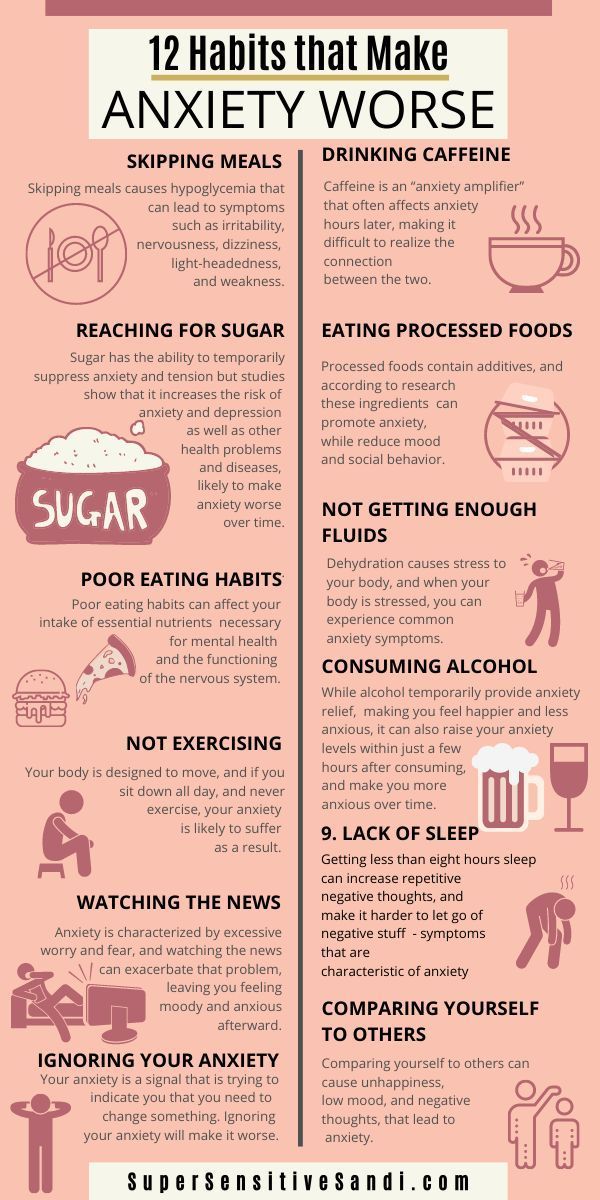 Also, some people experience
Also, some people experience
a feeling of impending death, and this further increases the panic attack. This state can last only a few minutes, or it can last for hours.
Panic disorder is fairly common, affecting 1.5 to 2% of the adult population, and up to 10% of people experience sporadic panic attacks during their lifetime. Women get sick 2-3 times more often than men. The prevalence of the disease does not depend on education, social status, income level and profession. The typical age of onset is 20 to 30 years; the disease very rarely occurs before 14 or after 40 years of age.
Panic attacks can happen to anyone. However, there are also special “risk groups”. More than other people, it is the residents of large cities who are afraid of it, where daily stress overloads the nervous system. Also, the "risk group" includes people with the so-called catastrophic thinking. Owners of this type of thinking are prone to drama and exaggeration - even a minor problem in their eyes grows to the size of the apocalypse.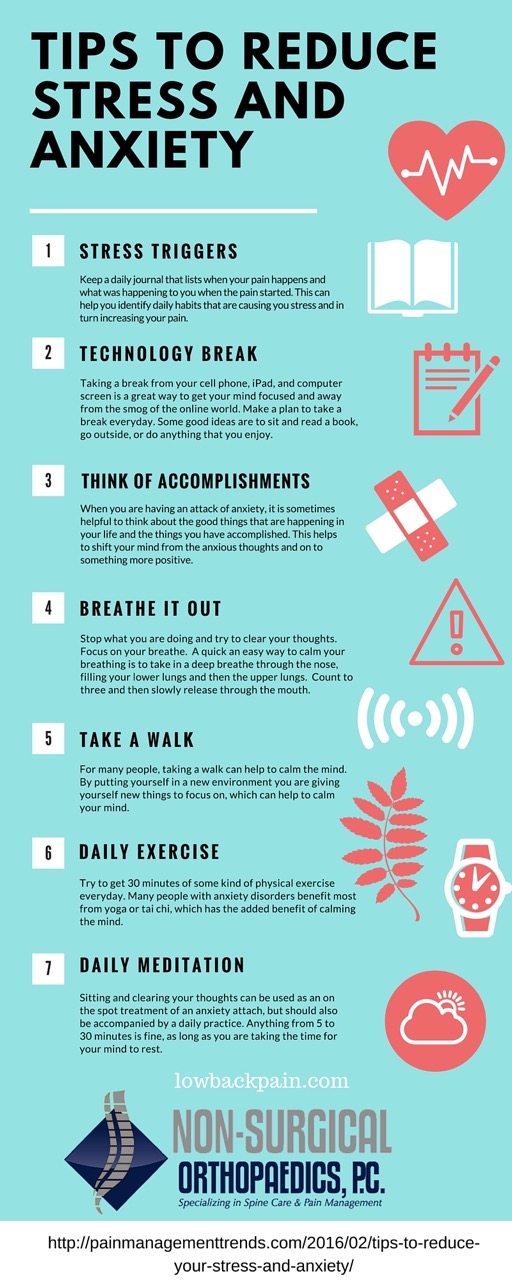 Often people with anxiety disorders, social phobia or with heightened emotional susceptibility suffer from panic attacks.
Often people with anxiety disorders, social phobia or with heightened emotional susceptibility suffer from panic attacks.
These attacks can be triggered by severe overwork or the expectation of an important event. We must not forget that such a state arises, among other things, as a result of various psychological traumas. It is not at all necessary that the traumatic event happened recently - the psyche does not always “quickly” react to what happened, so a panic attack may be the result of some severe and unprocessed childhood trauma.
Usually the first panic attack occurs in a person completely unexpectedly, without any apparent reason. A panic attack is characterized by a strong, rapidly growing feeling of anxiety, a feeling that some kind of trouble is about to happen. The fear builds up quickly and may be accompanied by a feeling of lack of air, in some cases up to a feeling of suffocation, a strong heartbeat, sweating, dizziness, weakness in the legs, numbness of the limbs or other parts of the body.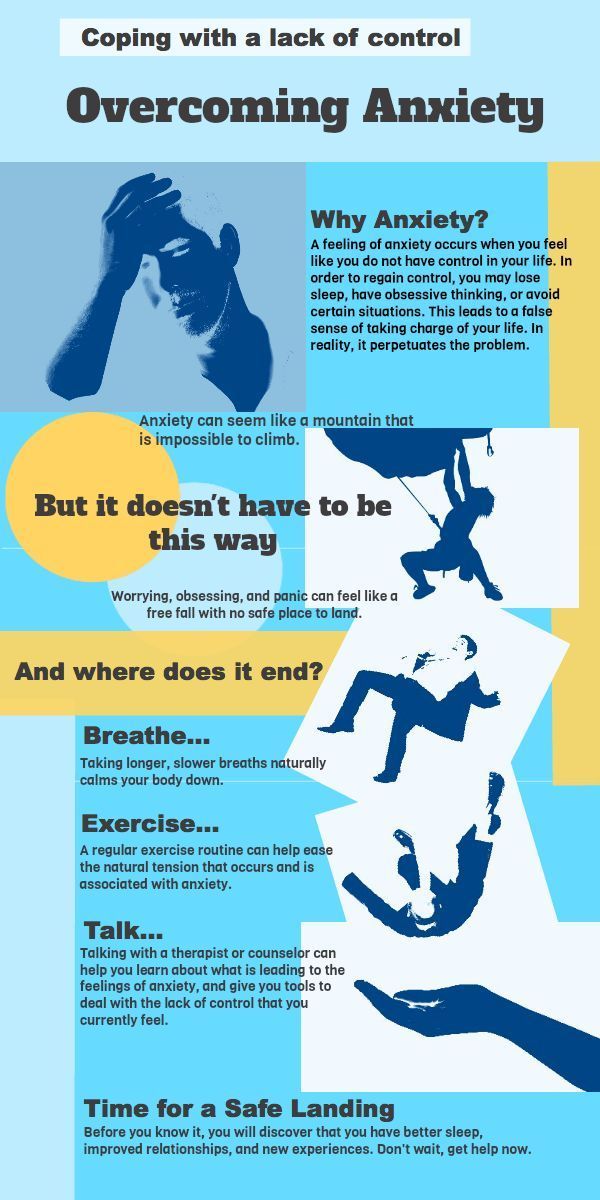 As a rule, the autonomic disturbances that accompany a panic attack cause a person to assume that something is wrong with his health, many people assume that they have had a heart attack, or their blood pressure has skyrocketed. All of these symptoms are usually accompanied by a strong fear of death or fear of going insane.
As a rule, the autonomic disturbances that accompany a panic attack cause a person to assume that something is wrong with his health, many people assume that they have had a heart attack, or their blood pressure has skyrocketed. All of these symptoms are usually accompanied by a strong fear of death or fear of going insane.
It is not surprising that after a panic attack, a person assumes that he is seriously ill and goes to the doctor for examination. However, in most cases, the patient does not show any serious health problems. But, despite the fact that panic attacks do not pose a serious danger to life and health, they can greatly complicate a person's life.
Treating panic disorder is not a matter of a day or a week. The first real results require at least 2-3 months and depend to a decisive extent on the involvement of the patient himself.
It is very useful to keep a diary where you can record the features of the disease and your successes in the fight against it - where and under what circumstances attacks occur, what provokes them, what are the first signs of an approaching attack. What steps did you take and how did they help?
What steps did you take and how did they help?
The most important thing in a panic attack is to take your mind off the feeling of terror. And in this case, all means are good (if you like to play games, launch your favorite game, read a book, turn on music, etc.) Any of these actions require concentration, therefore, weakens the panic attack.
In addition to having something to do for the brain, it's not a bad idea to keep the rest of the body (all other senses) busy with something. Psychologists advise massaging the earlobes, squeezing and unclenching the palms - this will give the muscles work and help you “feel your” body again, in order to use the taste buds, you can put a lollipop in your mouth, for tactile sensations, sort out the rosary.
Separately, it must be said about the benefits of breathing. A panic attack causes a rapid heartbeat, which creates additional fear and discomfort. One of the easiest ways to help yourself in this situation is to normalize your breathing.